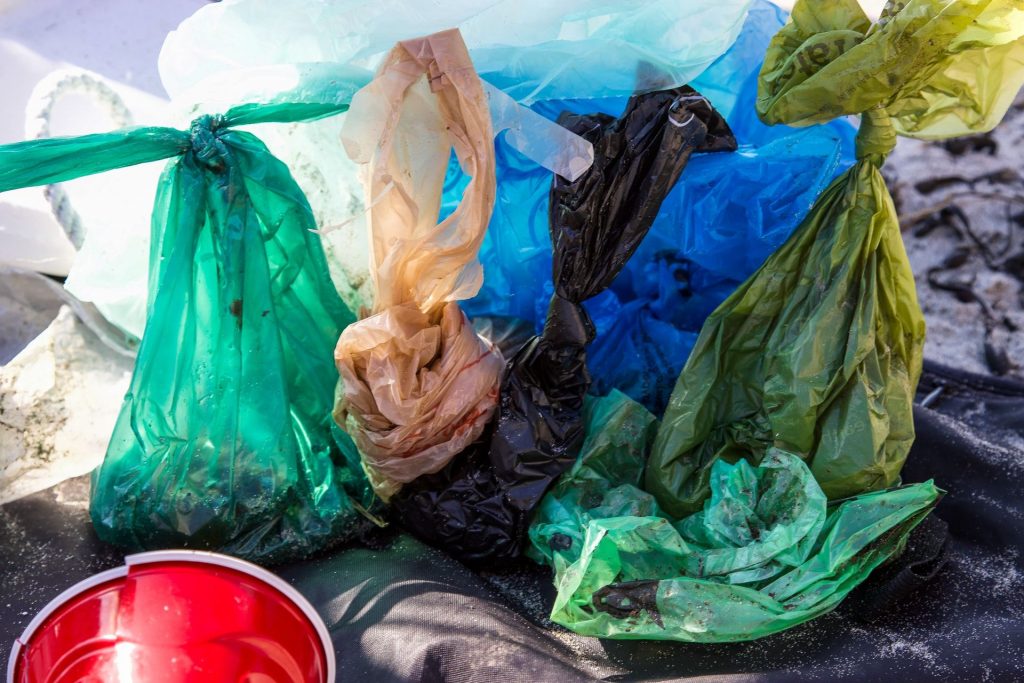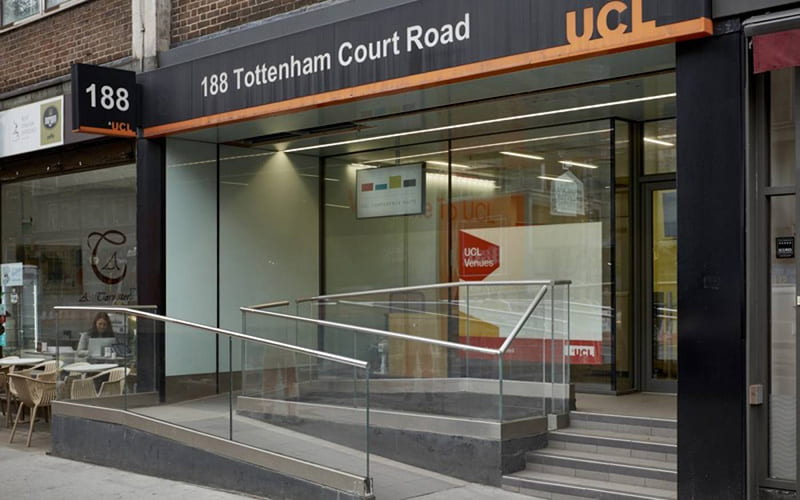Is a total ban of plastic bags good and inclusive? Lessons from Rwanda
By katerynatsybenko, on 24 September 2021
In June 2021, Ukraine adopted a law to ban plastic bags. The ban will be implemented in stages: in December 2021, bags up to 50 microns thick will be banned; on March 2022, bags 15 microns thick will be banned. Only very small thin bags for transporting fish, meat, ice will be allowed but for a limited period of time. Starting from January 1 2023, only biodegradable bags will be allowed. Similar bans have been imposed in other countries, such as Rwanda and the UK, and in the EU. Radical policies to ban plastic bags may improve environmental sustainability, but there can be unintended consequences. They should be anticipated and carefully planned for.

Photo by Brian Yurasits on Unsplash
The new Ukrainian law stipulates fines for using plastic bags: 1700-8500 UAH (45-215GBP, while 150GBP is a minimum salary) from December 2021, and 8500-34000 UAH (215-850 GBP) from March 2022.
 Close
Close





